Meet Sita Syal, from East Lansing, Michigan. Sita graduated from the University of Michigan with a Bachelor of Science and Engineering in Chemical Engineering, as well as a Masters in Energy Systems Engineering. Sita worked as an Operations Engineer offshore and has recently left her job to start a PhD in Mechanical Engineering at Stanford University. Go, Sita! We met up with Sita to discuss the time she spent offshore:
Sita, what inspired you to work on the water?
“I became very interested in the energy industry during my college years. I eventually joined an engineering support team, with a major oil company in the Gulf of Mexico (GOM), after I graduated. I spent some years working in their offices in Houston, supporting offshore operations. However, I always yearned to be where the action was. It’s difficult for me to watch from the sidelines! I wanted to get out into the field, get my hands dirty, and make a direct impact on our operations.”
What has been the most memorable experience during your career so far?
“The sunrises and sunsets are, by far, one of the most memorable experiences I have had offshore. Being in the middle of the GOM, surrounded by nothing but water, is incredible. We get so busy offshore that, sometimes, we forget to notice the beauties around us.
Another memorable experience occurred when our operations team worked with another, based out of Houston, TX, to implement a large capital project. There was a lot of time and energy put into this multi-million dollar project, and I had the opportunity to be the main operations engineer for the project implementation. The work was not glamorous – extensive checks on multiple temporary equipment kits, go over risk assessments with the onshore teams and climb under and around piping to check hose certification numbers. We even had a significant ‘Stop The Job’ while operating a temporary equipment kit. An emergency, double-check of the pressure relief device was needed to ensure it was adequate enough for the capacity of the system – which, luckily, ended up being fine! Overall, the project was implemented on schedule, efficiently and most importantly, safely; making it a memorable and fulfilling experience for the entire team.”
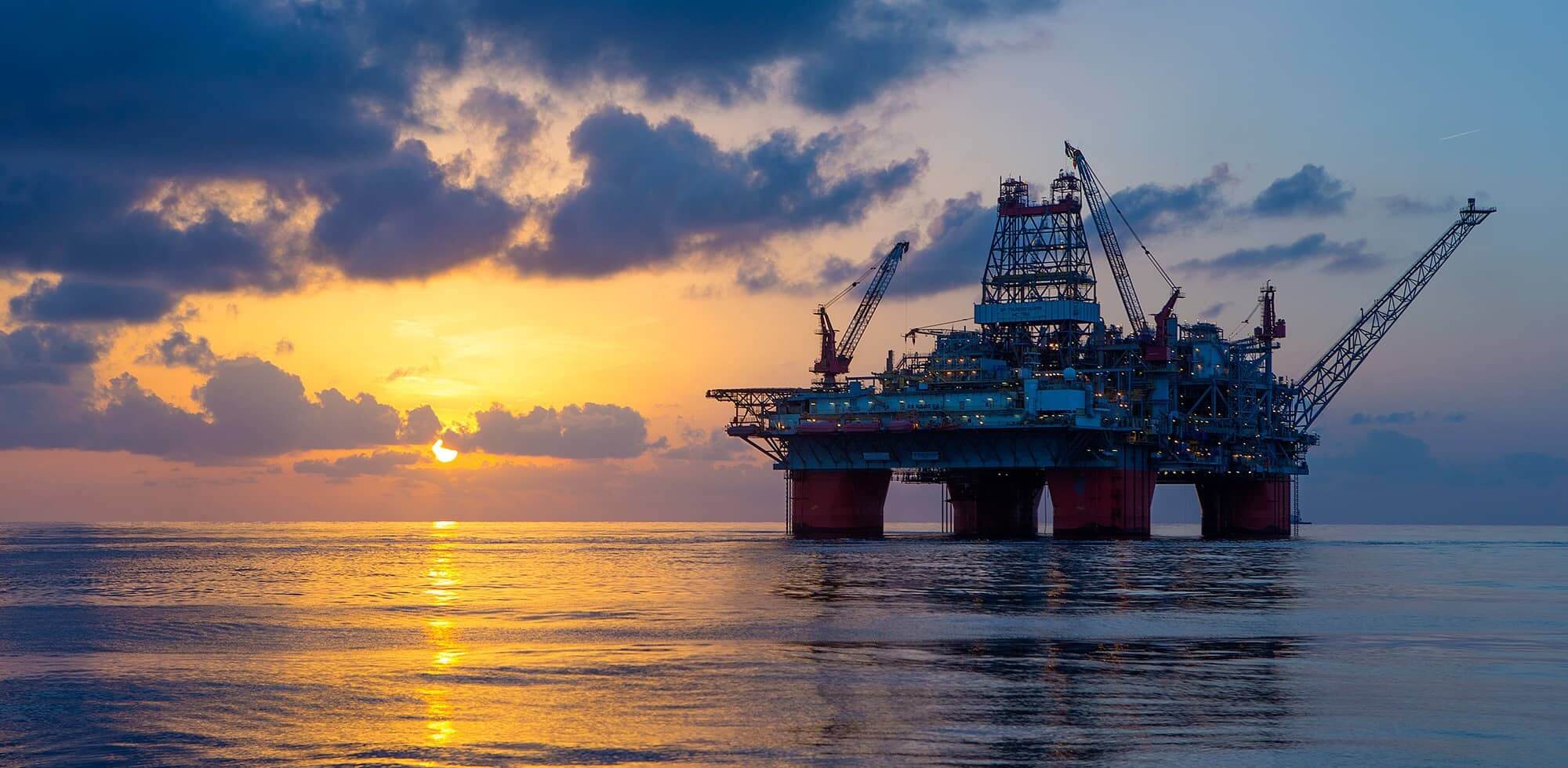
If working on the water is a long-term career for you, what motivates you to continue with this career path?
“This is not a long-term career for me – I am heading back to graduate school in Fall 2017 to pursue a PhD in Mechanical Engineering at Stanford University. However, during my time offshore, I thought a lot about what motivated me to continue leaving my home every month and working with a bunch of men offshore. I went for the safety and wellbeing of the people I worked with and for the excitement and fulfillment that I got out of working in offshore operations. I also hope that as young female engineer in my early career of working offshore, that I was able to turn the ‘dial’ – even if it was just slightly – to make future women more comfortable to work offshore and show the men offshore that women can do anything.“
What challenges have you faced in your career?
“I faced many challenges related to my gender and age – the guys offshore were not used to seeing a young, female engineer work with them, professionally. I am proud to have a very outgoing and bubbly personality. Regardless of my personality, I still had to balance that by setting very clear boundaries to ensure people took me seriously. I also had to gain the trust of my team by proving that I was capable of doing work and that I was, genuinely interested to go on deck – yes, I wanted to get my hands dirty!”
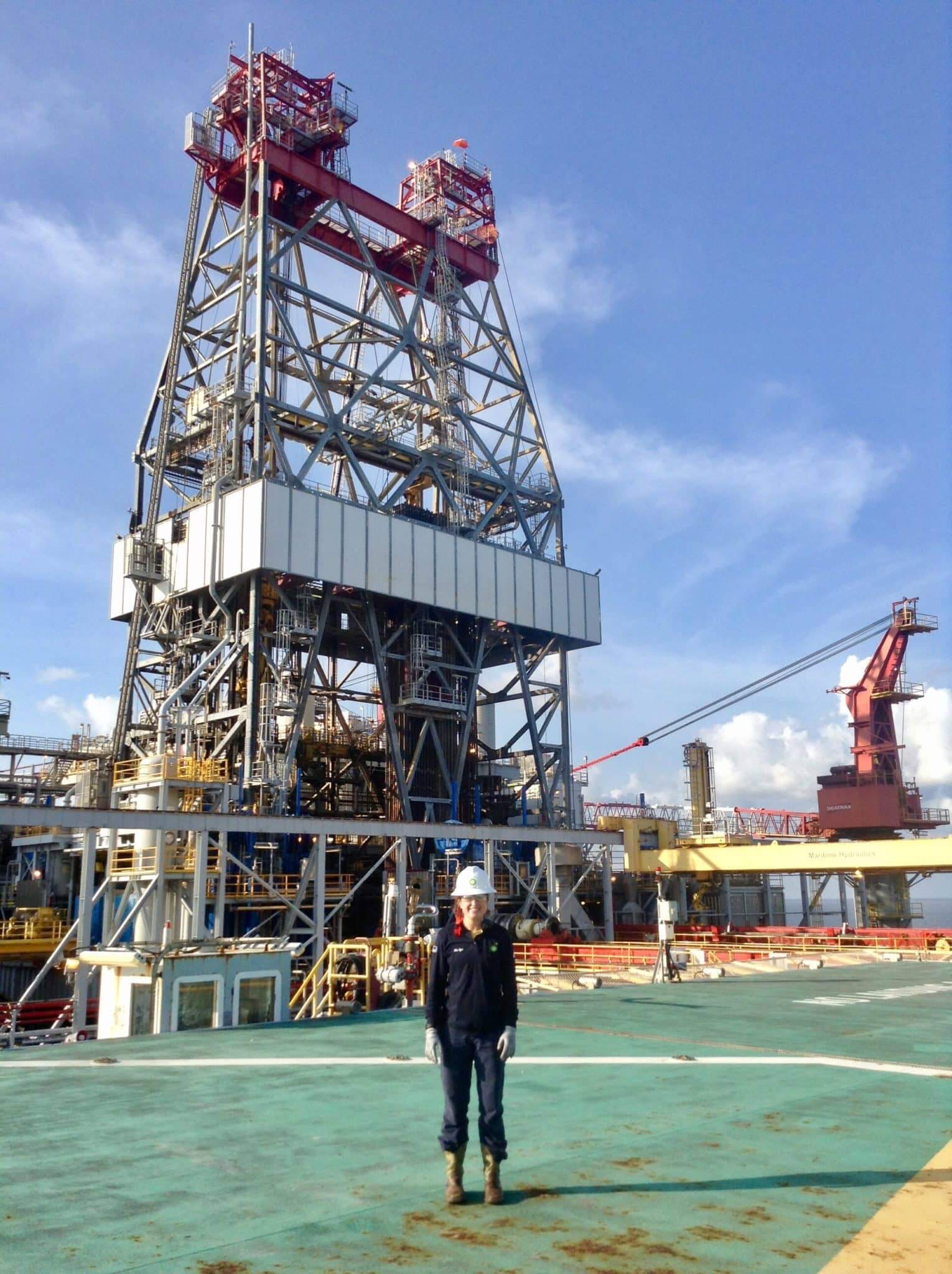
What do you think can be done by your industry to encourage more women to pursue similar careers?
“The oil and gas industry has a lot of room for improvement to encourage more women to pursue offshore careers. Provide equal wages for women, offer unbiased opportunities for leadership positions and expanding maternity leave, are some ideas that come to mind.”
What words of advice would you give someone starting out in your industry?
“Take time to truly understand what it means to do a rotation offshore. There are so many pros to the lifestyle; travel, live anywhere, exciting job, etc. Admittedly, there are also many cons; being away from home, missing out on your loved ones lives, etc. Only you can make the decision on if that lifestyle is right for you.
If you get the opportunity and choose to work on rotation offshore, connect with other women who are in offshore positions! During my time on the ocean, I was very close to Erica (a WomenOffshore contributor!) who worked as an Operations Team Lead in Angola. I called her on the phone and emailed her often about issues I was having, problems I was faced with, and successes I achieved. Having had a mentor and friend who knew exactly what I was going through, and who had faced many of the same challenges herself, was invaluable to me.
Finally, my last pieces of advice are to be humble and be yourself! Many people go offshore and try to act like someone whom they are not to gain popularity or respect. In the end, everyone is out there trying to stay safe while earning a living. Being your authentic self, treating others with respect; no matter what race, religion or socioeconomic status, and those rewards will take you far.”
Thank you, Sita, for answering our questions! We wish you the best of luck during your academic adventures at Stanford University!

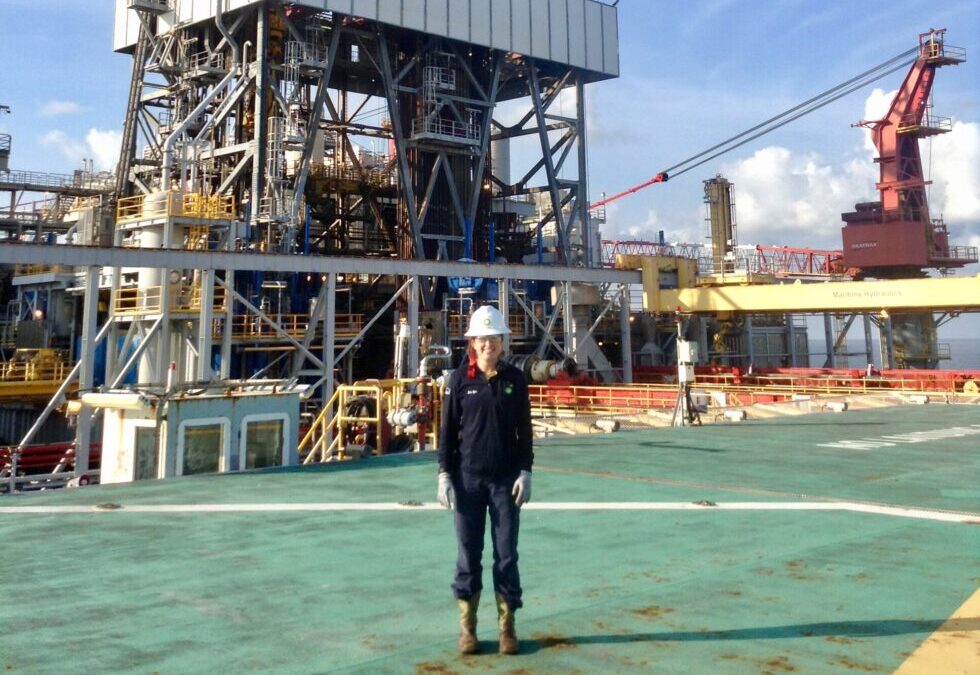

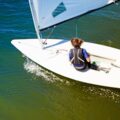

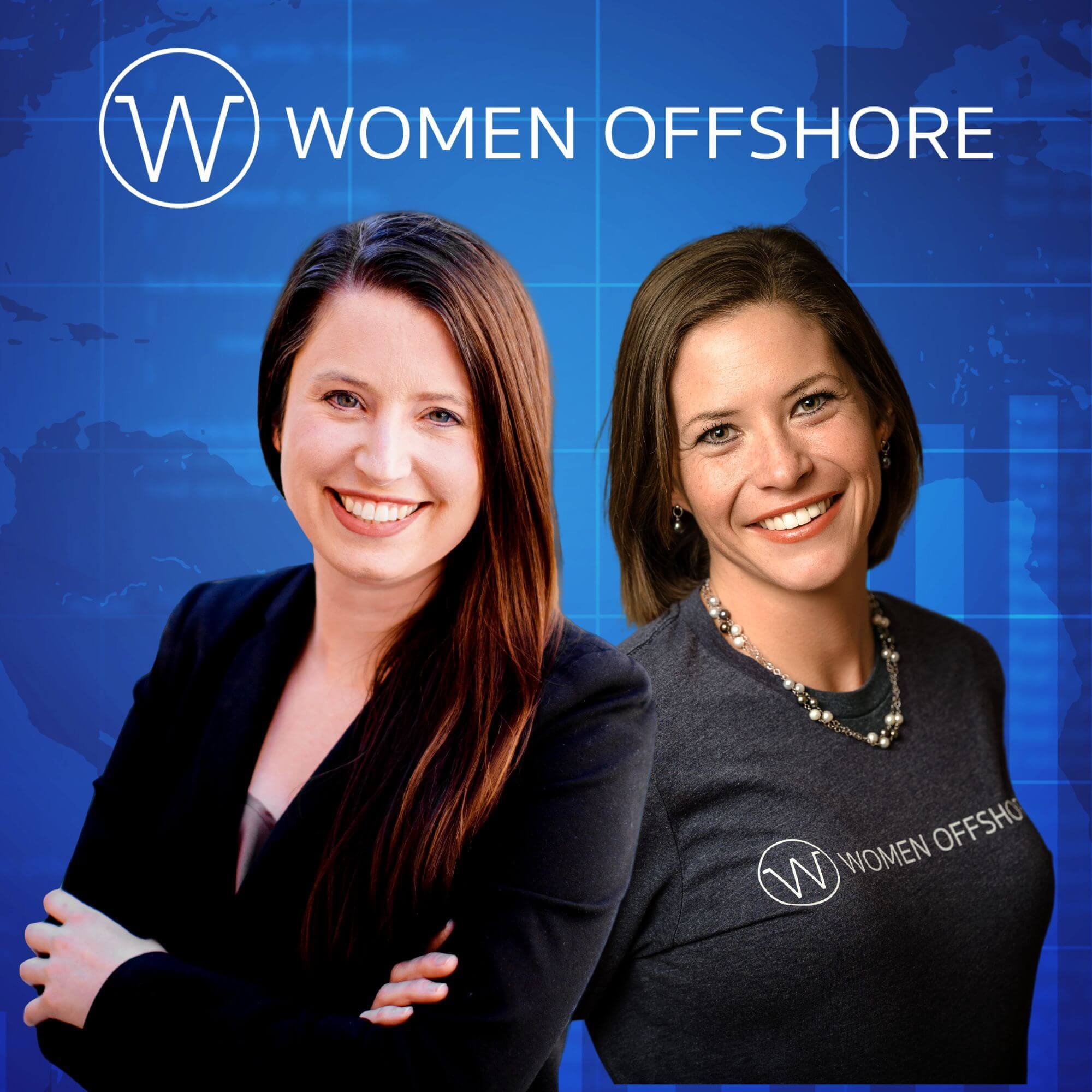


Recent Comments